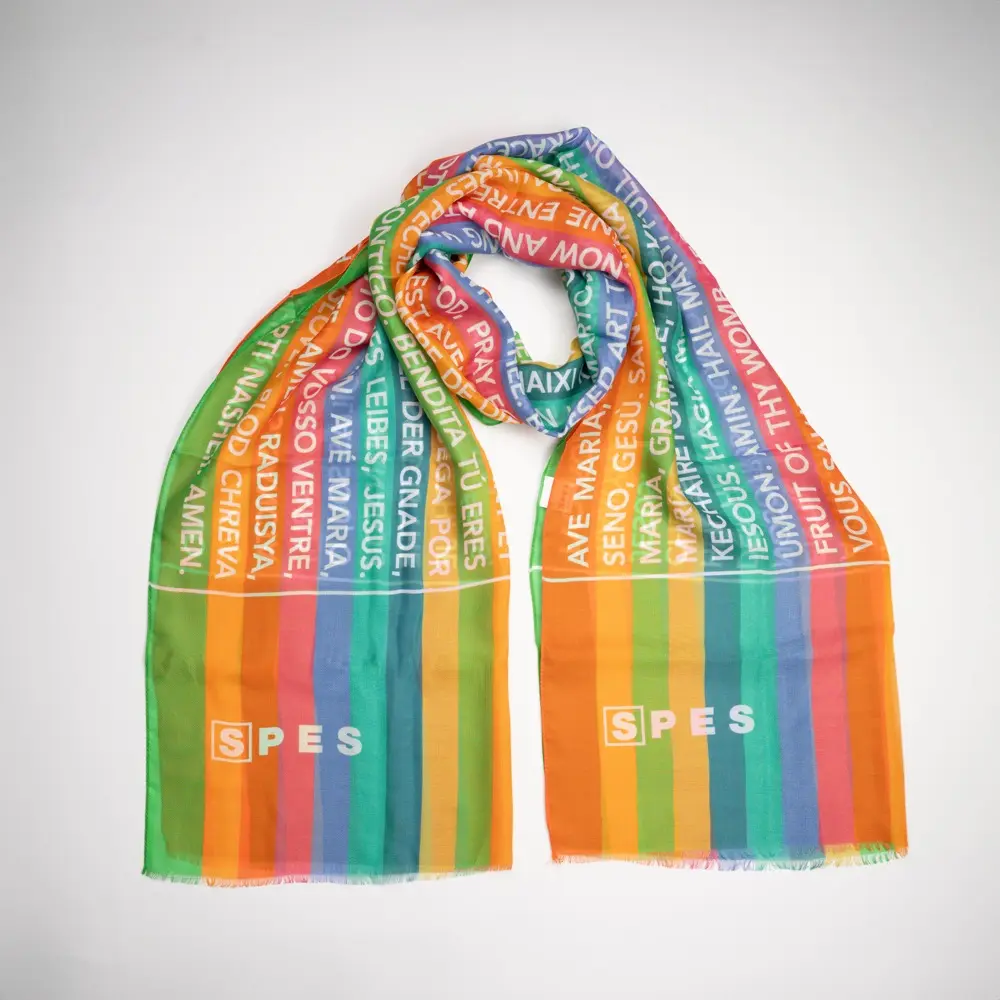The Concept of Plenary Indulgences in the Catholic Church
Introduction to Plenary Indulgences
In the context of the Catholic Church, Plenary Indulgences represent a total remission of temporal penalties due for sins already confessed and forgiven through the Sacrament of Confession. This practice is not about remission of the guilt of sin itself, but focuses on freeing the believer from the temporal consequences of sin.
Meaning and Practice
Conditions for Obtaining a Plenary Indulgence
Obtaining a plenary indulgence requires specific conditions. First, the faithful must make the act of sacramental confession, receive Eucharistic communion and pray according to the intentions of the Supreme Pontiff. These are the main requirements for obtaining a plenary indulgence.
Other Required Actions
In addition, there are other actions that may be required, such as performing a pious spiritual exercise such as the Rosary, attending certain celebrations, or making suffrage for the souls in Purgatory through prayer or other works of charity.
History and Context
Ancient Origins of Indulgences
Indulgences have an ancient history in the Catholic Church and have been discussed and revised over the centuries. They have played a significant role in the pastoral care of the Church, especially in the context of liturgical celebrations and religious holidays.
Plenary Indulgence in the Middle Ages
Plenary indulgence is a practice that originated within the Catholic Church during the Middle Ages, developing over the centuries. The granting of the first plenary indulgence dates back to an earlier historical period to which it is difficult to give a precise date since it was a practice gradually developed within the Catholic tradition.
Indulgence during the Jubilee of 1300
However, an important historical moment is related to the indulgence granted during the Jubilee in the year 1300 by Pope Boniface VIII, who offered plenary indulgences to those who visited the basilicas of St. Peter and St. Paul in Rome. This event is often cited as one of the first documented examples of the granting of a large-scale plenary indulgence within the Catholic Church.
The Role of Indulgences in Jubilees
Jubilees are special events called by the Church to celebrate significant moments in the Catholic faith and often provide opportunities to obtain plenary indulgences. The next Jubilee is scheduled for 2025, could be a significant occasion when the Church could grant special indulgences to the faithful.
Current Regulation
Currently, obtaining plenary indulgences is regulated by the Apostolic Penitentiary, a body of the Roman Curia. The granting of plenary indulgences is associated with certain conditions and can be a sign of divine mercy and the practice of penance and charity within the Catholic faith.
Conclusions
Plenary Indulgences in Catholic Doctrine.
Plenary indulgences are an integral part of Catholic doctrine, offering the faithful the opportunity to receive the remission of temporal punishments for sins already confessed, through specific conditions of prayer, sacrament and intentions. However, it is important to consider that the practice and concept of plenary indulgence may be subject to different interpretations and applications within the Catholic Church.







